Learning Spaces Lab
How can the places we learn and objects we use best support learning & thinking? Too many classrooms, types of furniture, and building layouts fail to reflect contemporary research on how learning best happens. The Learning Spaces Lab at Project Zero explores the relationship among qualities of physical space, learning processes, and thinking/learning outcomes. A focal area of our work examines spatial affordances that support specific social learning practices, including:
- Noticing: how learners slow down, observe, attend to, and reflect.
- Questioning: how learners wonder, explore, probe, and are curious.
- Experimenting: how learners take risks and engage in patterns of inquiry to intentionally try something new and different.
- Documenting: how learners for gather, share, and interpret evidence of their learning, growth, and progress.
- Helping: how learners reveal trust and vulnerability in soliciting feedback and assistance as well as show their competency in offering assistance to others.
The overarching aim of the lab is to assist educators, designers, and architects in creating the optimal environmental conditions for learning and various cultural contexts.


-
-
-
-
-
-
Support PZ's Reach